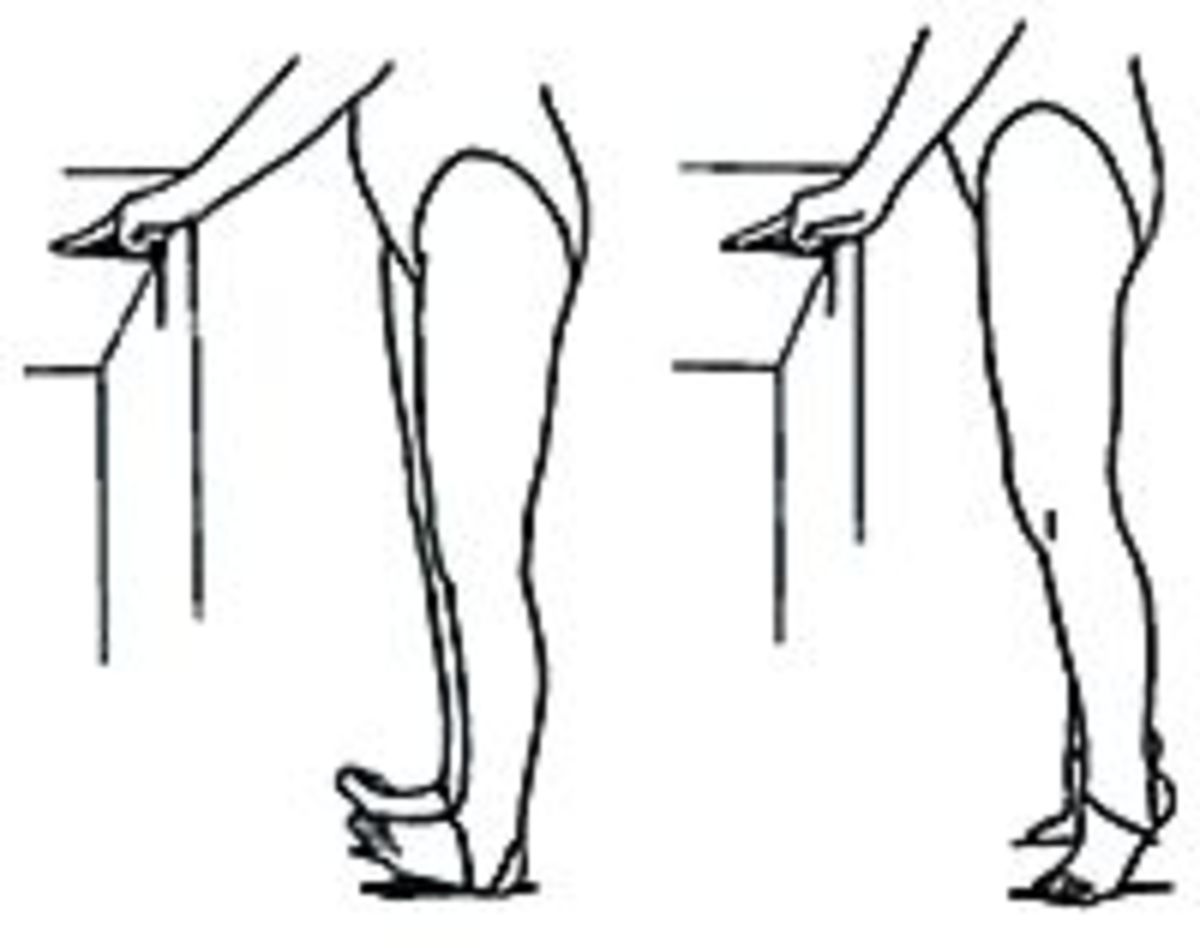Negative Calorie Foods: Celery

Over the last decade or so there has been a large increase in the promotion of certain foods as containing negative calories, of which celery is possibly the most famous. This article aims to investigate the truth behind negative calories, and whether just by eating celery it is possible to lose weight. This will be done in an unbiased, scientific way, and there will be no attempt to sell any dodgy diet plans at the end of it!
The background
In today's environment of ever increasing rates of obesity, counting calories has become very popular. There has been a massive explosion in foods which promise lower levels of fat, or calories, than traditional alternatives, as well as many diet plans which say that eating foods with low amounts of calories are one way to lose weight. Linked to this has been the promotion of certain foods as containing negative calories. Celery is one of the foods which is often claimed to contain negative calories, but is this true, and if so how?
The theory
The supporters of negative calorie foods, including celery, claim that there are negative calories, since the process of digesting the food uses energy (calories) which is not replaced from within the food. Most of the time they claim this is due to chewing, although some also mention the calories used by the body elsewhere within the digestive tract. There are various claims as to the number of calories within the celery itself, some claim that there is only a small amount, some claim the amount is zero, and others claim that there are negative calories within the celery or other foodstuff itself.
The fact
Scientifically speaking calories are a measure of an amount of energy. Celery has a relatively high number of calories within it, mostly in the form of cellulose. However, when it comes to foodstuffs, calories are generally taken to mean the amount of energy which can be absorbed by the human body. Cellulose, which makes up the majority of the energy in celery cannot be broken down by the human body, and so the calories in celery attributable to cellulose are ignored for the dietary purposes. As such, the calories in celery are found to be very low, at only 6 calories per stick.
Once it has been found that there are very low numbers of calories in celery, it then needs to be determined how much energy is used in the digestion of this food. Dependent on the food eaten this varies, but it is reasonable to expect that this will be in excess of 6 calories and around about 10 calories. Incidentally, the majority of these calories are not burned in chewing, but in the digestion process within the body. Since the digestion process of a piece of celery makes the body use about 10 calories per stalk, but the body only gets about 6 calories per celery stick back in the form of energy, for each celery stick that is eaten there is a calorie loss in the body of about 4 calories. In other words, celery does contain negative calories.
However, whilst celery does contain negative calories, these are in extremely low amounts. At 4 negative calories per stalk, over 100 stalks of celery would need to be consumed to cancel out the calories in one hamburger which contains over 400 calories, which is an awful lot!
As such, eating celery purely because it contains negative calories is relatively pointless. However, there are some advantages to eating celery. It counts as a portion of fruit and vegetables, of which many people do not get enough of. In addition, celery contains valuable vitamins and minerals. Finally for those watching their weight, if they are eating celery they are unable to eat more calorie rich foods at the same time.
Conclusions
It has been proven that celery does indeed contain negative calories. However, these are in extremely small amounts and so celery is no magic bullet to weight loss. However, eating celery, and other fruit and vegetables, as part of a balanced diet is an important part of maintaining a healthy lifestyle, as any good doctor would agree with.
Photo credit
Photo by Trekkyandy and distributed under Creative Commons Attribution-Share Alike 2.0 Generic License.








